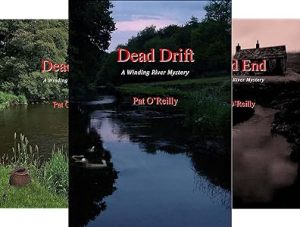Six-spot Burnet Moth - Zygaena filipendulae
Phylum: Arthropoda - Class: Insecta - Order: Lepidoptera - Family: Zygaenidae
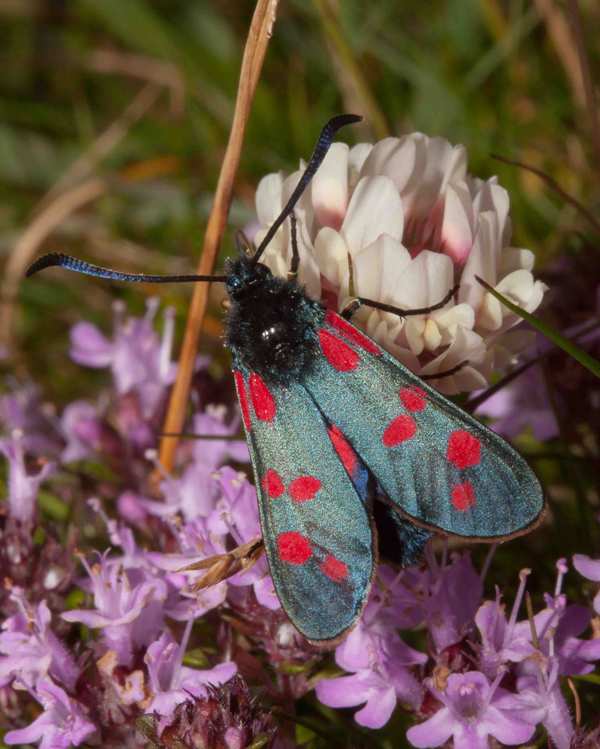
Like other members of the Burnet Moth group, this is one of the day-flying moths. The six spots are often clearly separated but sometimes they merge to form dumbel shapes. Occasionally yellow-spotted forms occur.
Burnets (Zygaenidae) are the only family of moths (certainly in Britain) with prominent clubbed antennae; in this respect, as well as their day-flying habit, they are like butterflies.
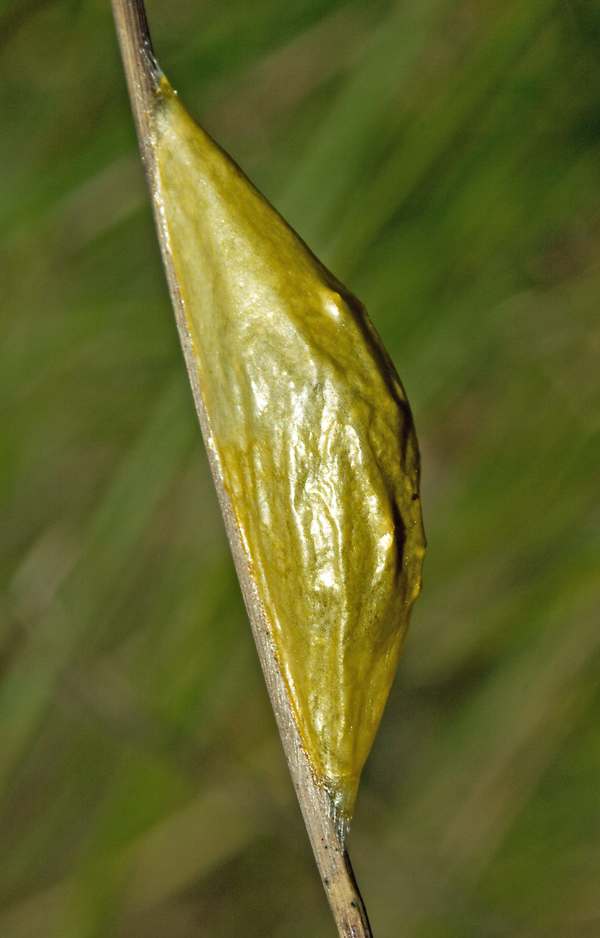
Above: the cocoon of the Six-spot Burnet Moth. Picture: Rob Petley-jones
The wingspan range of the Six-spot Burnet Moth is 3.0 to 3.8cm. In Britain this moth can be seen flying during July and August.
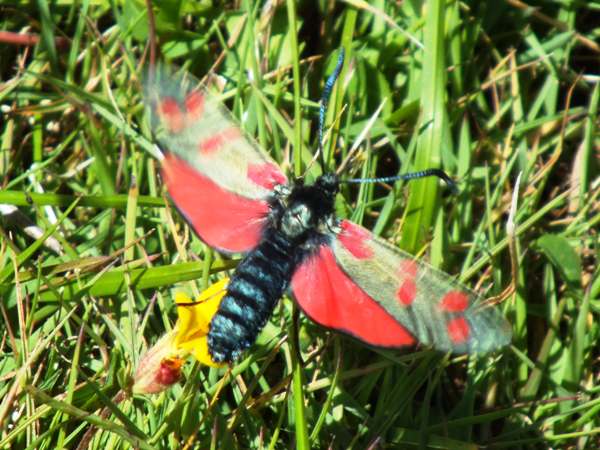
Distribution
This is the most common and widespread member of the family Zygaenidae in Britain and Ireland, where it occurs in coastal and inland locations except in northern Scotland, where it is mainly confined to the (warmer) coastal strip. This day-flying moth is also common and widespread throughout most of Europe (except Portugal and western Spain).
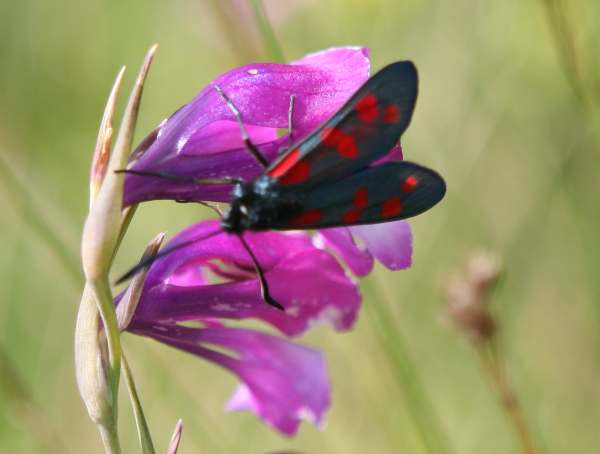
Lifecycle
The larval foodplants of Burnet Moths are members of the pea family, Fabaceae. Caterpillars of Zygaena filipendulae feed mainly on Common Bird’s-foot Trefoil, Lotus corniculatus, which is sometimes referred to as Bacon and Eggs; it is a creeping or prostrate yellow-and-orange flower commonly found in dry grassland and roadside verges. Horse-shoe Vetch, Anthyllis vulneraria, is also used occasionally.
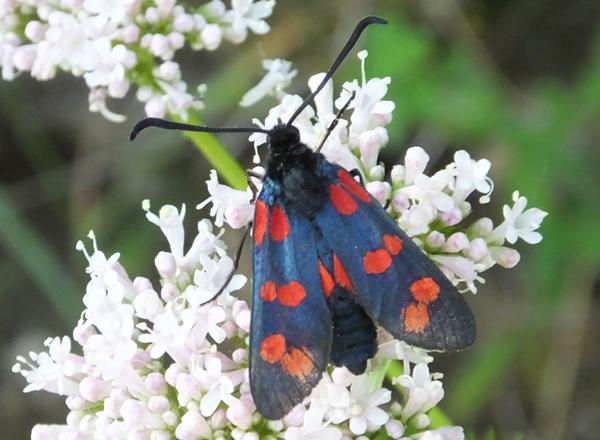
The Six-spot Burnet Moth overwinters (sometimes through not merely one but two winters) as a larva; it pupates in early summer inside a cocoon attached to a grass stem.
Studying butterflies and moths...
Excited by rivers and streams? So are we, and we're pretty sure you would find the Winding River Mystery trilogy of action-packed thrillers gripping reading too. Dead Drift, Dead Cert, and Dead End are Pat O'Reilly's latest river-based novels, and now they are available in ebook format. Full details on our website here...
Buy each volume in ebook format for only £2.47 on Amazon... Paperbacks also available on Amazon at £6.95 each. All proceeds go towards keeping the First Nature website online.
Please Help Us: If you have found this information interesting and useful, please consider helping to keep First Nature online by making a small donation towards the web hosting and internet costs.
Any donations over and above the essential running costs will help support the conservation work of Plantlife, the Rivers Trust and charitable botanic gardens - as do author royalties and publisher proceeds from books by Pat and Sue.
